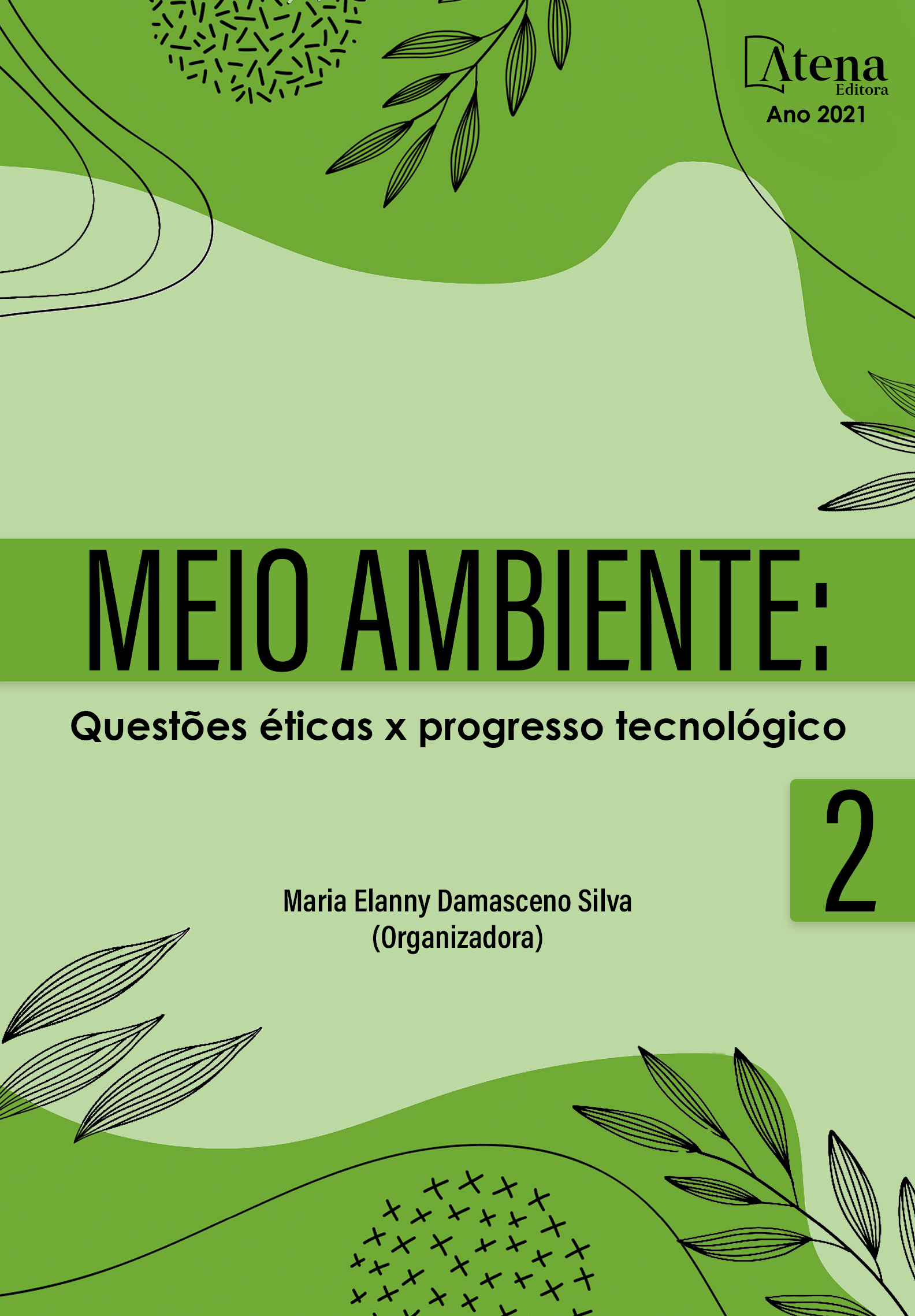
A RECICLAGEM DO ÓLEO DE COZINHA USADO – UMA ALTERNATIVA DE SENSIBILIZAÇÃO SOCIOAMBIENTAL
O presente trabalho traz um relato de experiencia de uma ação pedagógica em educação ambiental (EA) desenvolvida no Instituto Federal de Sergipe (IFS) no município de Lagarto-SE com 45 estudantes do ensino médio técnico integrado. Objetivou-se com este trabalho, sensibilizar os envolvidos quanto as possibilidades de descarte correto do óleo de cozinha usado, bem como enfatizar os problemas socioambientais decorrentes do descarte incorreto; e ainda, favorecer uma aprendizagem significativa sobre o mundo que os cerca, com escolhas e intervenções conscientes pautadas nos princípios da sustentabilidade e do bem comum. Nesse sentido o estudo fora conduzido nas perspectivas do método ativo de ensino; com natureza qualitativa; através dos objetivos da pesquisa-ação; fundamentado nos procedimentos da aprendizagem baseada em projetos (ABP); pesquisa bibliográfica pertinente a temática em sites oficiais, livros e artigos científicos publicados. Concluímos que as ações contínuas de EA de forma lúdica com os estudantes sendo protagonistas do processo de ensino e aprendizagem contribuem com o desenvolvimento dos estudantes lhes dando mais autonomia, instigando-os à pesquisa e despertando o senso crítico-reflexivo. Possibilita também, a atuarem como agentes multiplicadores de atitudes sustentáveis em seu âmbito de vivência (família, escola, comunidade) transformando a realidade em sua volta frente as questões que afligem a relação sociedade e natureza. Nessa perspectiva o aprender fazendo proporciona a criatividade e criticidade dos estudantes de maneira prazerosa na construção de conhecimentos científicos. Ao relacionar a problemática gerada pelo óleo com a realidade vivida, possibilitou a (re)aproximação e a sensibilização dos estudantes perante as questões socioambientais.
A RECICLAGEM DO ÓLEO DE COZINHA USADO – UMA ALTERNATIVA DE SENSIBILIZAÇÃO SOCIOAMBIENTAL
-
DOI: 10.22533/at.ed.7412122114
-
Palavras-chave: Prática pedagógica. Educação ambiental. Aprendizagem significativa. Sustentabilidade.
-
Keywords: Pedagogical practice. Environmental education. Meaningful learning. Sustainability.
-
Abstract:
The present work brings an experience report of a pedagogical action in environmental education (EE) developed at the Federal Institute of Sergipe (IFS) in the municipality of Lagarto-SE with 45 students of the integrated technical high school. The objective of this work was to sensitize those involved about the possibilities of correct disposal of used cooking oil, as well as to emphasize the social and environmental problems arising from incorrect disposal; and also, to encourage meaningful learning about the world around them, with conscious choices and interventions based on the principles of sustainability and the common good. In this sense, the study was conducted from the perspectives of the active teaching method; with a qualitative nature; through the objectives of action research; based on the procedures of project-based learning (PBL); bibliographical research pertinent to the theme in official websites, books and published scientific articles. We conclude that continuous EE actions in a playful way, with students being protagonists of the teaching and learning process, contribute to the development of subjects, giving them more autonomy, instigating them to research and awakening a critical-reflective sense. It also enables them to act as multipliers of sustainable attitudes in their area of experience (family, school, community) transforming the reality around them in the face of issues that afflict the relationship between society and nature. From this perspective, learning by doing provides students' creativity and criticality in a pleasurable way in the construction of scientific knowledge. By relating the problem generated by the oil with the reality experienced, it enabled the reconnect and awareness of students regarding social and environmental issues.
-
Número de páginas: 10
- NÚBIA DIAS DOS SANTOS
- FLÁVIO FONTES FRAGA


